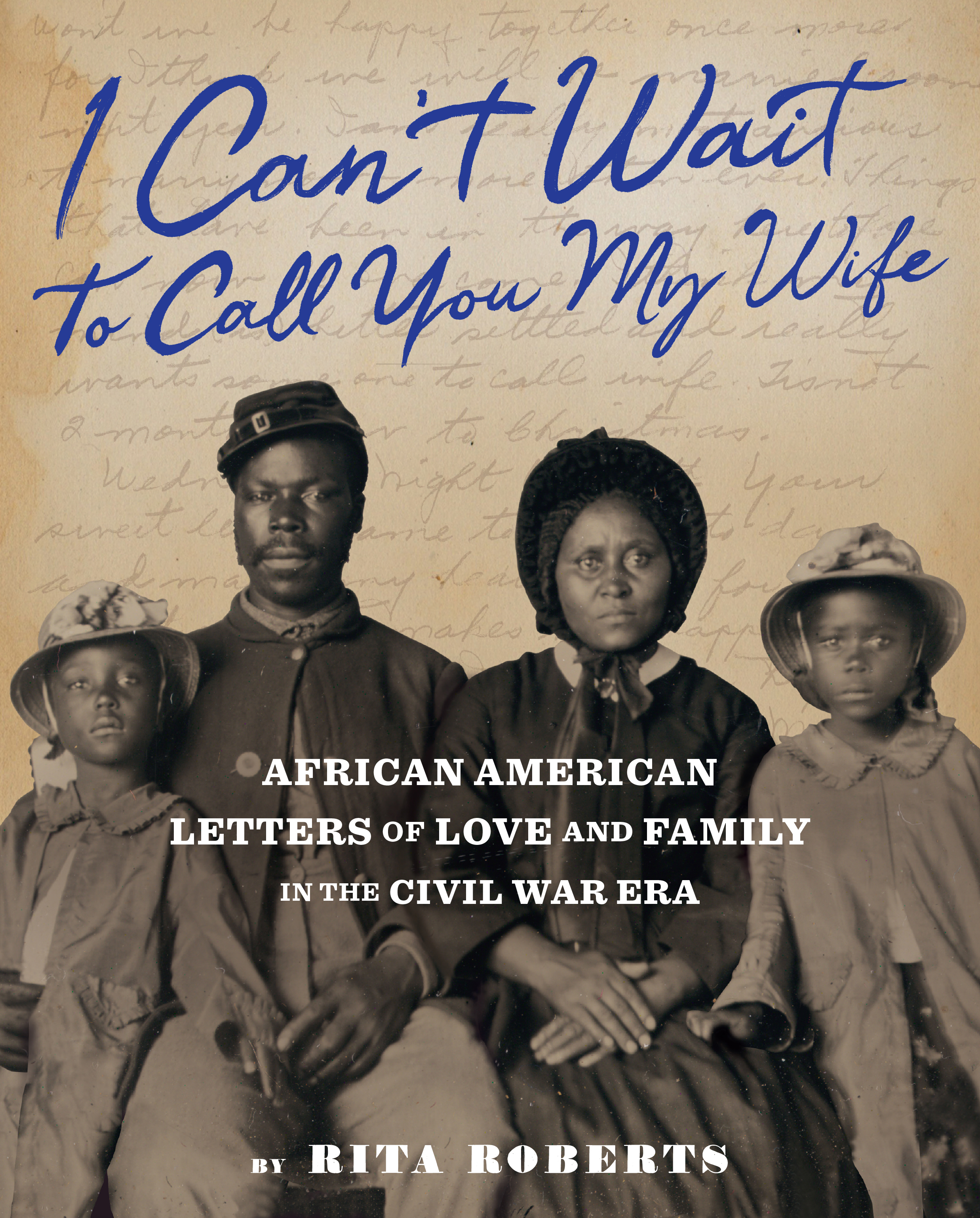"I Can't Wait to Call You My Wife": African American Letters of Love & Family in the Civil War Era

MHS Event
Rita Roberts, Scripps College
This is a hybrid event. FREE for MHS Members. $10 per person fee (in person). No charge for virtual attendees or Card to Culture participants (EBT, WIC, and ConnectorCare). The in-person reception starts at 5:30 and the program will begin at 6:00.
Amidst bloody battles and political maneuvering, thousands of African Americans spent the Civil War trying to hold their families together. This moving book illuminates that struggle through the letters family members exchanged. Despite harsh laws against literacy and brutal practices that separated Black families, their members found ways to write to each other against all odds. In these pages, readers will meet parents who are losing hope of ever seeing their children again and a husband who walks fifteen miles to visit his wife, enslaved on a different plantation. The collection also includes tender courtship letters exchanged between Lewis Henry Douglass and Helen Amelia Loguen, both children of noted abolitionists, and letters by the young women who traveled south to teach literacy to escaped slaves. Roberts reframes the Civil War era by telling the story of American slavery through personal letters and by focusing on the strong bonds of love that these letters represent.
Hybrid Event
The in-person reception starts at 5:30 and the program will begin at 6:00.
Masks are optional for this event.
The virtual program begins at 6:00 PM and will be hosted on the video conference platform, Zoom. Registrants will receive a confirmation message with attendance information.
